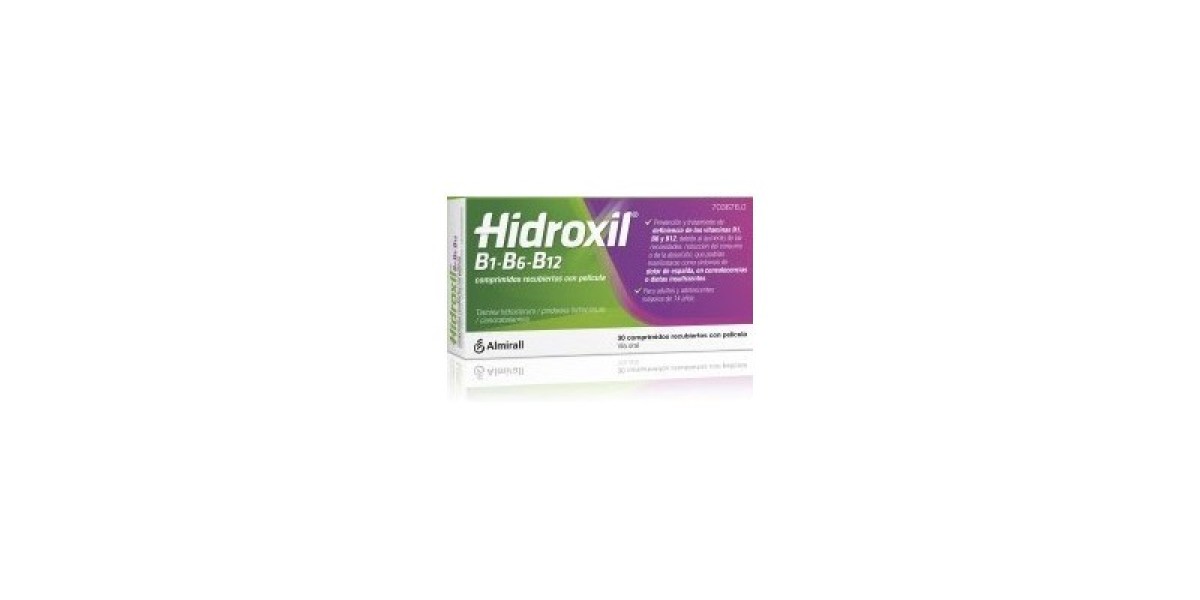In the startup scene of New York, innovation moves fast, funding cycles are tight, and competition is unforgiving. But amid the rush to launch, scale, and capture attention, one question often gets overlooked: How secure is your website? In 2025, website security is no longer a back-burner issue; it's a frontline priority for every startup trying to earn trust, maintain compliance, and protect valuable data.
Startups in NYC are becoming top targets for cybercriminals, thanks to their high-growth potential, lean security teams, and increasing reliance on digital services. Whether you're running a fintech platform, a direct-to-consumer brand, or a SaaS product, your website is not just a digital storefront; it's a vulnerability surface.
Let's walk through what the cybersecurity landscape looks like in 2025, the most common mistakes, and how working with a trusted website development company New York can help safeguard your startup's future.
The 2025 Cybersecurity Landscape: A New Threat Era
If you're a New York startup founder or marketing lead, consider these 2025 realities:
- AI-Driven Phishing Attacks: Sophisticated language models are generating convincing phishing content that bypasses traditional spam filters.
- API Exploits on the Rise: As startups rely on third-party tools and microservices, unsecured APIs have become primary targets.
- Deepfake Scams and Social Engineering: Fake video calls impersonating executives are leading to wire fraud and access breaches.
- Compliance Has Teeth: Updated GDPR, CCPA, and New York-specific regulations (like the SHIELD Act) now require strict data handling protocols.
These aren’t just enterprise problems. Startups are increasingly seen as the "low-hanging fruit" of the digital economy.
Common Security Mistakes Startups Still Make
- Skipping Regular Software Updates
Outdated plugins and CMS platforms (like WordPress) are some of the easiest ways for hackers to gain access. - Weak Authentication Policies
Still relying on a single admin password or not enforcing 2FA? That's a breach waiting to happen. - Lack of HTTPS or Misconfigured SSL
Unsecured data in transit makes it easy for man-in-the-middle attacks. - Poor API Security
If you're integrating third-party services or using APIs without proper access control, you're exposing sensitive data. - No Monitoring or Alerts
Many startups have no tools in place to detect suspicious activity until it’s too late.
The 2025 Startup Security Checklist
Use this checklist to evaluate your current readiness:
- ☑ SSL/TLS Certificate up-to-date and enforced site-wide
- ☑ Regular backups and restore plan
- ☑ Updated CMS, plugins, and libraries
- ☑ Multi-Factor Authentication (MFA) enabled
- ☑ CAPTCHA on login and contact forms
- ☑ Daily malware scanning and vulnerability patching
- ☑ Encrypted database (at rest and in transit)
- ☑ Access logs and traffic monitoring
- ☑ Least-privilege access settings for internal users
If you're missing more than two of these, it's time for a technical audit by a qualified team—ideally from a website development company New York that understands the local ecosystem and regulatory climate.
Building Security Into Your Website From Day One
A. Choose Security-First Development
Security shouldn’t be a plugin you install after launch. It's a mindset baked into every line of code. That’s why more NYC startups are now partnering with local development firms that prioritize Secure Development Lifecycle (SDLC) practices.
What to look for:
- Code reviews and security audits during each sprint
- DevOps teams that integrate testing tools like OWASP ZAP
- Proper server hardening and deployment protocols
B. Tighten User Access Controls
Too many startups use flat admin structures. Instead:
- Implement Role-Based Access Control (RBAC)
- Remove access immediately after employee offboarding
- Regularly rotate credentials and keys
C. Perform Routine Penetration Testing
In 2025, even small startups should:
- Schedule quarterly pentests (manual or automated)
- Validate the integrity of all endpoints
- Simulate social engineering attacks to improve staff awareness
The Hidden Risks of Third-Party Tools
NYC startups love SaaS stacks. But every third-party tool—whether it's your analytics dashboard or your payment gateway—is a potential entry point.
Questions to ask before integrating:
- Is the vendor SOC 2, ISO 27001, or GDPR compliant?
- Do they offer regular security updates and audits?
- What kind of data do they collect and store?
A good website development company in New York won’t just add plugins blindly. They’ll help you evaluate which third-party tools are safe and aligned with your risk tolerance.
Incident Response: When Things Go Sideways
You can do everything right and still get attacked. That’s why having an Incident Response Plan (IRP) is critical.
Key elements of an IRP:
- Designated security lead or team
- Alert escalation protocols
- Legal and compliance notification procedures
- Customer and stakeholder communication templates
- Recovery roadmap: from shutdown to data restoration
Don't wait until a crisis to build this playbook. Startups with IRPs respond faster, lose less data, and recover customer trust more efficiently.
Evaluating Security Partners: What NYC Startups Should Demand
Hiring a freelance dev from Reddit might work for building MVPs. But for security? You need vetted professionals.
How to evaluate a website development company in New York:
- Do they conduct security audits on their own code?
- Are they transparent about their security stack and tools?
- Can they integrate with your compliance requirements (e.g., HIPAA, PCI-DSS)?
- Do they offer maintenance and security monitoring post-launch?
Having someone who understands the local regulatory climate and NYC’s startup pace is a strategic advantage.
Local Resources NYC Startups Should Know About
- NYC Cyber Command – Offers workshops and vulnerability alerts.
- NYCEDC Tech Grant Program – Funding support for cybersecurity infrastructure.
- Cyber NYC (by SOSA) – Accelerator programs and networking for cybersecurity tech.
- Meetup.com Cybersecurity NYC – Regular peer learning and collaboration events.
These are free or low-cost ways to stay plugged into the security pulse of the city.
Final Thoughts: Don’t Wait for a Breach to Take Action
Website security in 2025 isn’t optional. It’s foundational. If you're collecting user data, running transactions, or storing anything behind a login screen, you're already a target. But security doesn't have to slow you down—it can speed up trust, investment, and growth.
Whether you're building your first MVP or scaling to Series B, it pays to work with a web development company New York that takes security seriously. Not only will you sleep better at night, but you’ll also be one step ahead of your competition and your next funding round.






